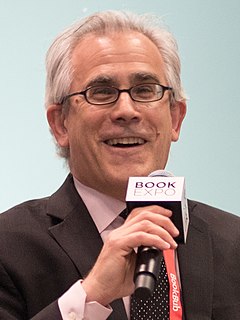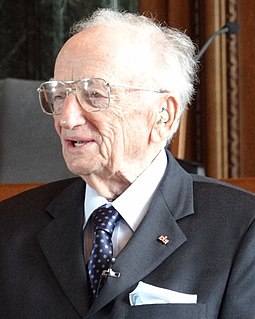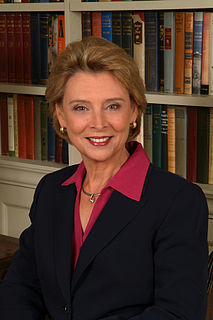A Quote by Walter Millis
War challenges virtually every other institution of society - the justice and equity of its economy, the adequacy of its political systems, the energy of its productive plant, the bases, wisdom and purposes of its foreign policy.
Related Quotes
This is the problem with foreign policy - talking about foreign policy in a political context. Politics is binary. People win and lose elections. Legislation passes or doesn't pass. And in foreign policy often what you're doing is nuance and you're trying to prevent something worse from happening. It doesn't translate well into a political environment.
At present, the United States, with over 700 foreign military bases, navies in every ocean, a programme to militarise space, and drone bases planned for all regions of the world, is increasingly perceived in relation to its hard power diplomacy, a threat to political independence and stability for many countries.
Energy is a sector of the economy that has been particularly resistant to innovation. This is precisely the problem. It is why we are still dependant on energy sources that are 100 to 150 years old while virtually every other sector of the economy has transformed itself. This is why we believe that the faith that many environmentalists still hold that carbon regulations and taxes will drive sufficient private sector investment into energy markets to create the kind of innovation we need is unfounded.
What has happened here [aftermath of 9/11] is not war in its traditional sense. This is clearly a crime against humanity. War crimes are crimes which happen in war time. There is a confusion there. This is a crime against humanity because it is deliberate and intentional killing of large numbers of civilians for political or other purposes. That is not tolerable under the international systems. And it should be prosecuted pursuant to the existing laws.
Another longstanding foreign policy flaw is the degree to which special interests dictate the way in which the "national interest" as a whole is defined and pursued.... America's important historic relationship with Israel has often led foreign policy decision-makers to defer reflexively to Israeli security assessments, and to replicate Israeli tactics, which, as the war in Lebanon last summer demonstrated, can turn out to be counter-productive.





































